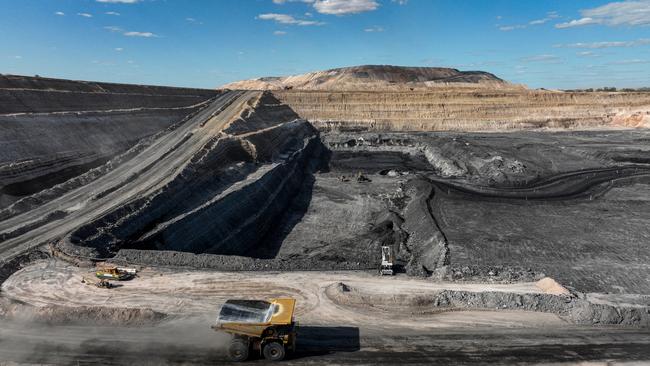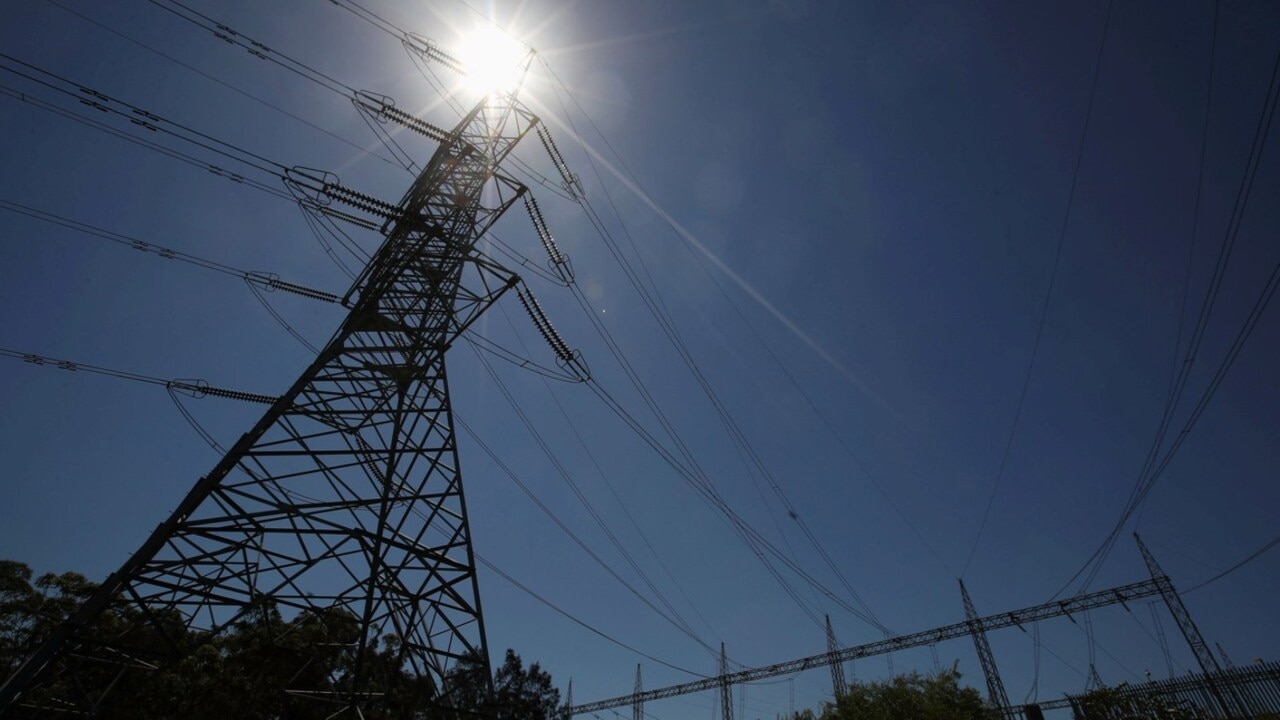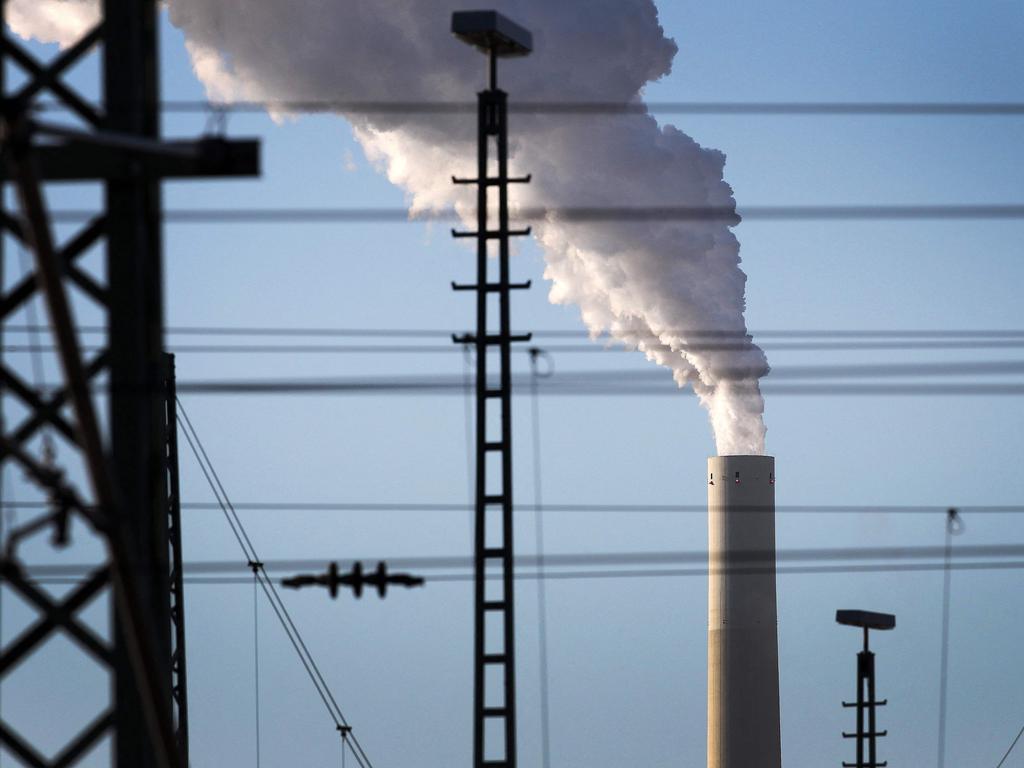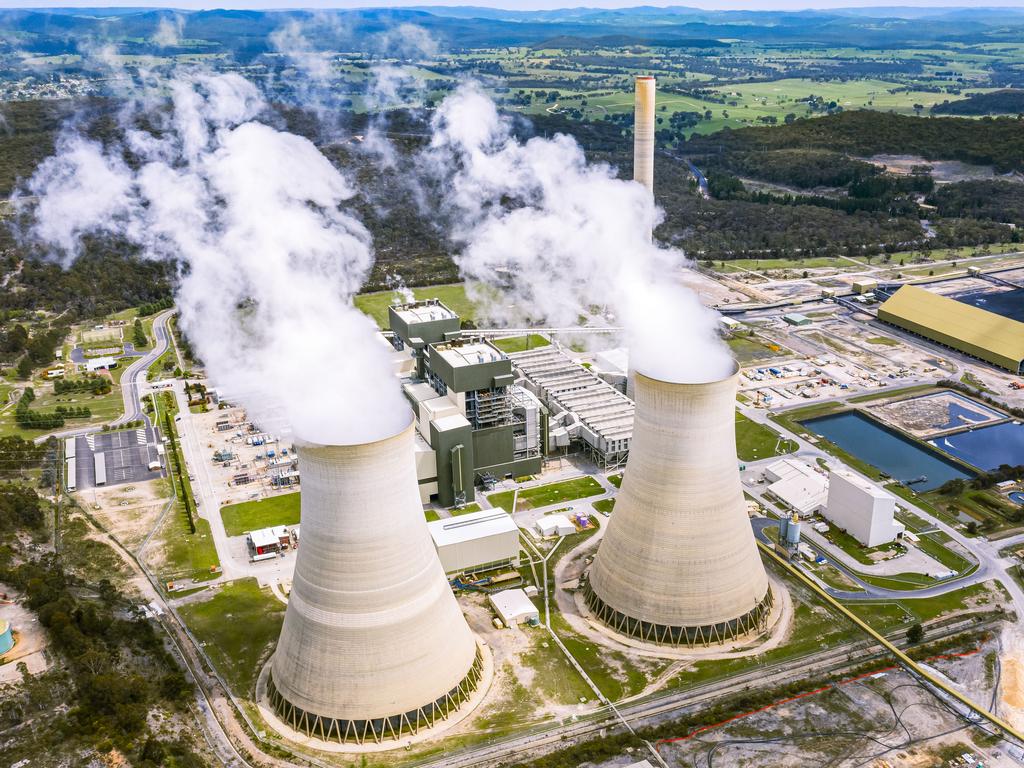Coal royalty tax hike by Annastacia Palaszczuk’s government under fire from coal miners, investors
A windfall royalty on the major Queensland coal miners could sweep up $18bn of extra income for the state in the next year alone.

A windfall royalty on the major Queensland coal miners could sweep up $18bn of extra income for the state in the next year alone, far exceeding government forecasts, with producers set to pay one of the highest tax rates in the world at 60 per cent.
After a decade-long royalty freeze, Queensland Treasurer Cameron Dick unveiled an extraordinary grab for a share of coal’s massive price surge in the state budget, hiking royalties up to 40 per cent when coal miners receive more than $300 a tonne for their output.
The tax jump, which kicks in on July 1, could hand the state $18bn if current spot coal prices remained for the next year, analysts said, compared with the $1.2bn forecast by the Palaszczuk government.
Even three months of high coal prices would land the state $4.5bn given thermal and coking coal grades were still trading in a range between $US360 to $US390 per tonne, Shaw and Partners analyst Peter O’Connor said.
The hike takes the effective tax rate for the state’s metallurgical coal producers to 60 per cent from 45 per cent, UBS calculations show, making Queensland the highest taxing mining jurisdiction in the world according to the Minerals Council of Australia. The 60 per cent rate includes federal tax payments of 30 per cent.
Miners now face a profit hit with Anglo Coal’s 2023 financial year earnings slashed 7 per cent by UBS, BHP cut by 4 per cent and Glencore trimmed 2 per cent. The broker said the tax slug would impact new mine investment over the medium term as well as companies’ required rates of return.
“We had expected Queensland to increase royalties but the magnitude of the increase and the lack of consultation with the mining industry in our opinion sets a concerning precedent especially when many governments are looking to balance budgets post-Covid,” UBS analyst Lachlan Shaw said.

The new regime includes three new royalty tiers aimed at capturing extra revenue when the coal price surges, including a 20 per cent rate for prices above $175 a tonne, 30 per cent above $225 a tonne and 40 per cent when prices surpass $300 a tonne.
Before the state budget, Queensland had a three-tiered coal royalty regime where the government took 7 per cent of the sales revenue up to $100 a tonne, 12.5 per cent of the value between $100 to $150 a tonne and 15 per cent of any revenue generated above $150 per tonne.
Major coal miners and investors have slammed Queensland’s decision and warned they may back away from new investment
Yancoal said it was reconsidering whether to invest in the state.
“The fact that such changes to government policy were made without properly consulting the coal sector is an insult, especially considering the significant contribution that mining and miners made to the Queensland economy during the Covid-19 pandemic when other sectors were experiencing serious downturns,” a Yancoal spokesman said.
“An increase in coal royalties will force Yancoal to more closely reconsider the viability of any future investment in the expansion of our Queensland operations, particularly given the cyclical nature of our industry and that our investment decisions typically have a 20 year-plus horizon.”
The cash snatch came less than two years after coal prices sunk, Shaw & Partners said.
“Just 18 months ago the Queensland coal industry lost a collective $2bn for the second half of 2020, given the backdrop of low prices and Covid. This really is a near term – ‘so called’ Ukraine price spike – grab for royalties on elevated coal prices. Thankfully the medium to long-term impact is minimal,” Mr O’Connor said.

Coronado Global Resources, with operations in Queensland and the US, also criticised the move, noting the lack of industry consultation and the negative impact on investment.
“Unlike some of our peers, Coronado is a geographically diversified metallurgical coal producer with operations in Queensland and the US. Our high-quality Buchanan and Logan met coal mines in the US will not be impacted by this royalty increase,” Coronado said.
Stanmore Coal only recently completed the $1.2bn acquisition of BHP’s BMC coal mines in Queensland, and chief executive Marcelo Matos said the company was “very disappointed” with the decision.
“Royalty rates in Queensland were already among the highest in the world prior to these increases and come at a time when the Queensland coal industry was just recovering from the losses experienced during the market downturn in 2020 and 2021,” he said. “The increases to the royalty rates without formal notice or consultation are unprecedented.”
The world’s largest miner, BHP, also lashed out at the Palaszczuk government.
“The cost of doing business in Queensland is already high, and further cost pressures will discourage investment, operational growth, job creation and local business spending across the state,” said BHP’s Australian minerals president, Edgar Basto.
“A new tax damages Queensland’s reputation as a stable place to invest and will make it harder for the state to compete against other global jurisdictions in attracting major new investments that would deliver longer-term value to communities and the state economy.”




To join the conversation, please log in. Don't have an account? Register
Join the conversation, you are commenting as Logout